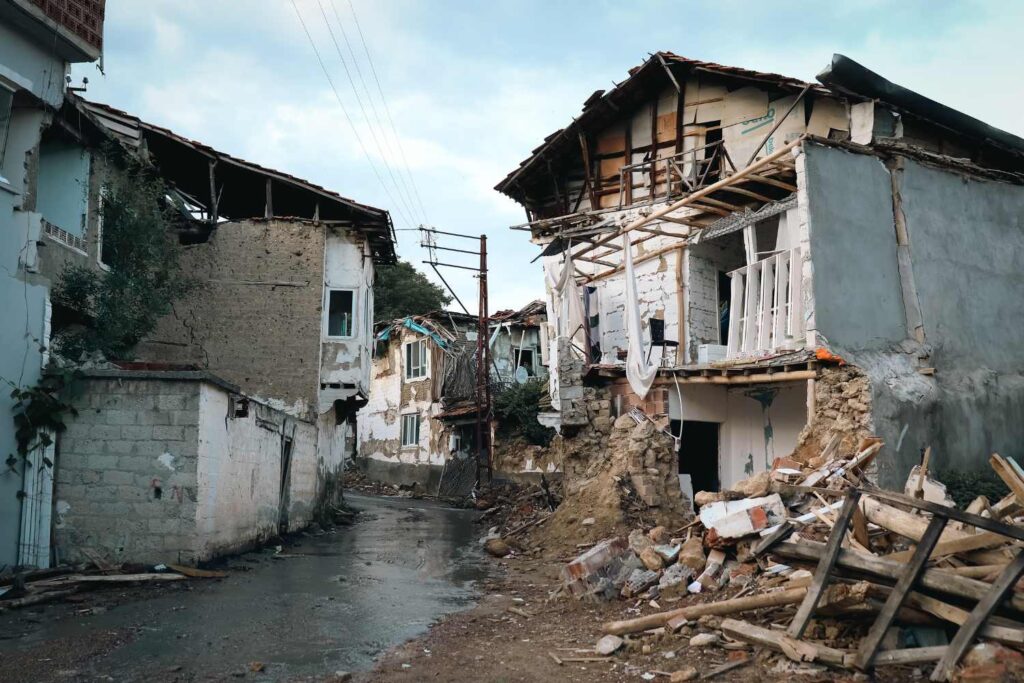Cascading Hazards and Compound Disasters
This special issue examines how systemic risks unfold, interact, and escalate in diverse geographic and institutional contexts. It addresses the significance of adopting a broader systemic approach to understanding disaster risk, considering hazards, vulnerability, exposure, capacity, and cascading interactions. The contributions span a range of domains, from geomorphology and climate science to agriculture, infrastructure, and […]
Cascading Hazards and Compound Disasters Read More »










